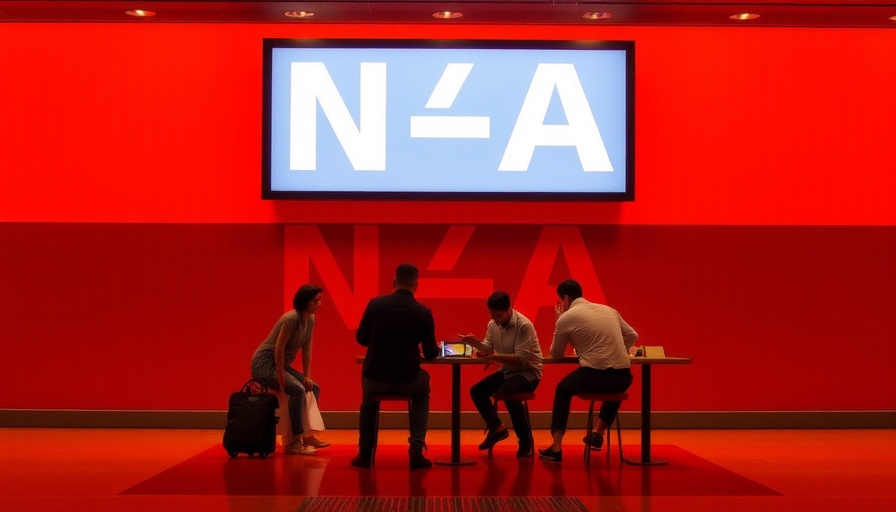
Motorcycle Price Hikes: A Pending Crisis for Low-Income Malaysians
The Malaysian automotive landscape is on the brink of a significant upheaval, as motorcycle prices are projected to surge between 10% to 20% due to an impending revision in the Open Market Value (OMV). This anticipated spike has raised alarms from various sectors, particularly among lower-income groups, known as the B40 and M40.
Understanding OMV and Its Impact
The revision of the OMV, while beneficial for tax revenue in the short term, poses potential risks for consumers who rely on affordable transportation options. The Motorcycle and Scooter Assemblers and Distributors Association of Malaysia (MASAAM) urges the government to reconsider this policy change, which could adversely affect the livelihoods of those in the lower-income brackets who rely heavily on motorbikes for commuting and performing gig economy jobs.
A Perspective from the Industry
According to Hoo Wan Tim, president of MASAAM, the anticipated price increases mean that a motorcycle that once cost RM10,000 could rise to as much as RM12,000. This surge represents a critical burden for those needing basic transportation, especially when considering the majority of bikes currently sold are locally assembled and fall primarily within the CKD (Completely Knocked Down) category.
Concerns About Local Production
With over 90% of the motorcycle market consisting of CKD models, the price hikes could lead to a significant shift in purchasing behavior. If the disparity between CKD and CBU (Completely Built-Up) imports diminishes, manufacturers may abandon local production in favor of importing fully assembled bikes, which could harm the local economy and employment rates. This situation is dire for smaller manufacturers who may not have the resources to absorb increased costs.
The Domino Effect on the Community
The repercussions of these changes are not isolated to the motorcycle industry alone. The socio-economic implications for Malaysians in the B40 and M40 income groups are substantial. As these individuals face higher transportation costs, their financial burden will likely ripple through the economy, affecting spending in other areas and making it harder for many families to make ends meet.
A Call for Balanced Policy Solutions
In light of these developments, it's vital for policymakers to consider a balanced approach to taxation that fosters investment while also ensuring the accessibility of essential transportation for lower-income populations. By prioritizing the wellbeing of those who contribute to the automotive industry through local employment and production, the government can create a more sustainable economic future.
As this situation continues to unfold, the ongoing dialogue between industry leaders and the government will be crucial. The outcomes of these discussions may well shape the future of transportation affordability for many Malaysians, highlighting the need for empathy and practical solutions in policymaking.
 Add Row
Add Row  Add
Add 




Write A Comment